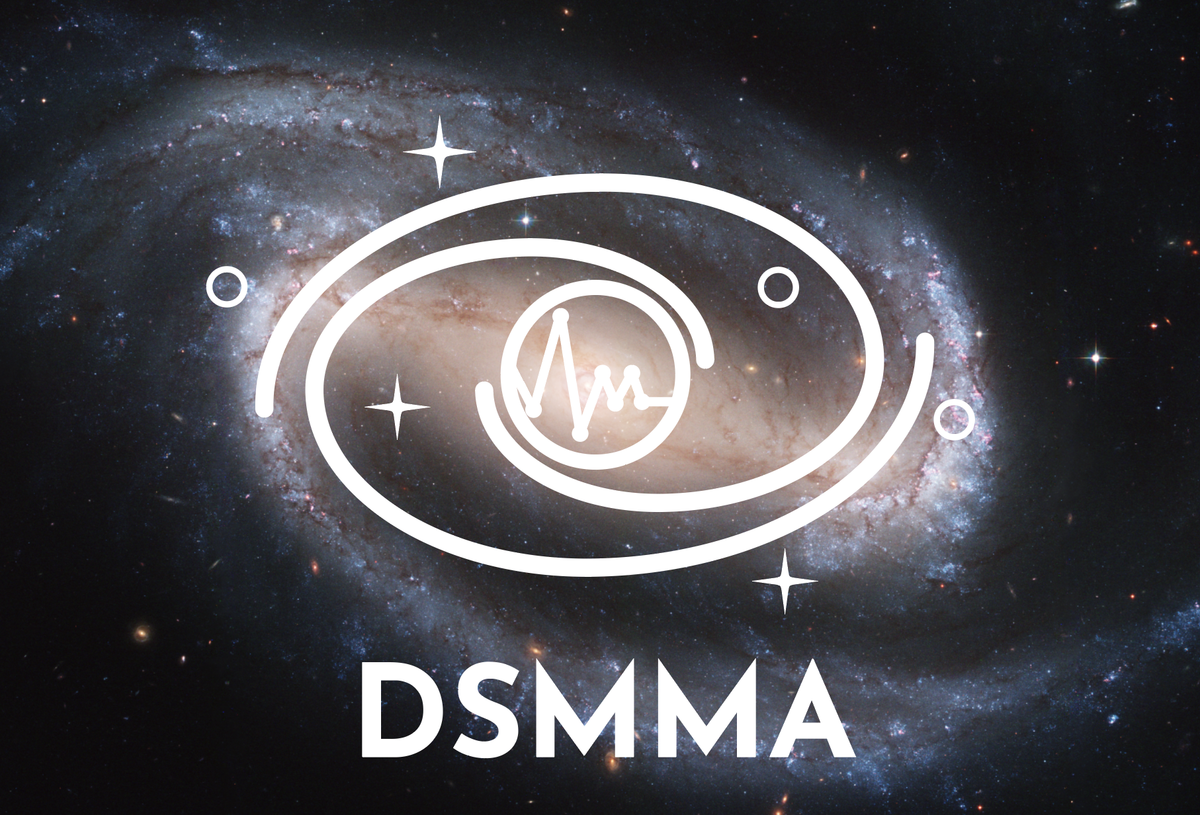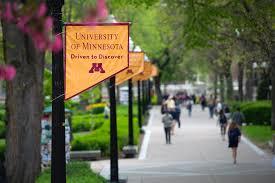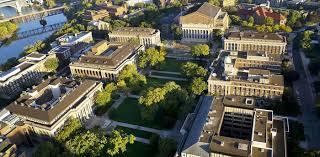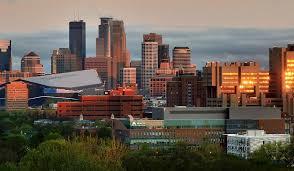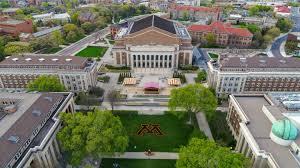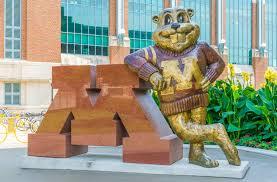Who can apply: Any current Ph.D. or M.S. students at the University of Minnesota in good standing are considered eligible for the Data Science in Multi-Messenger Astrophysics (DSMMA) program. Also, any students applying for a Ph.D. or M.S. program at the University of Minnesota are also eligible to apply for the DSMMA program. Interested students should send an email to [email protected].
Stipends: Several students each year will be selected to receive a one-year-long stipend in the amount of $34,000, in addition to covering the tuition, fees, and medical insurance for the year. Only U.S. citizens and permanent residents will be eligible for the stipend support. All students participating in the program (including international students) will be eligible to apply for travel support to attend conferences.
Expectations: Students accepted into the program will be expected to complete the following components of the program:
- Attend the Retreat in August prior to entering the program, which includes a 2-3 day course on Data Science and Astrophysics and professional training workshops focusing on communication skills, leadership skills, and emotional intelligence.
- Complete the following course requirements:
- AST 5731 / STAT 5731 - Bayesian Astrostatistics (4 credits)
- AST 8581 / PHYS 8581 / CSCI 8581 - Big Data in Astrophysics (4 credits)
- Ph.D. students are also required to take 4 additional research credits (see below).
- By completing the above course work the students earn the minor degree (Ph.D. or M.S.) in Data Science in Astrophysics.
- Changes to these requirements may be possible with the approval of the Astrophysics Director of Graduate Studies.
- Complete a Capstone Research project using modern data science techniques in the field of Multi-Messenger Astrophysics. Successful completion of this project requires completing 4 credits of the research elective AST 8990 - Research in Astronomy and Astrophysics.
- Attend three Technical Workshops during the first two years in the program. These workshops are expected to be 2-hour long, focusing on a particular topic in astrophysics, statistics, or machine learning (other topics may also be included).
- Attend two Professional Workshops during the first two years in the program. These workshops are offered on the UMN campus, and they vary in length and topic (but are typically several hours long). The covered topics include communication skills, leadership skills, working in a team, planning a successful career, running efficient meetings, and others.
- Complete an approved internship during the summer after the first year in the program. The internship could be pursued in industry, at a national lab, at an observatory, or at a research center (including other universities) and should be complementary to your coursework and research project.
- Complete 12 hours per year of outreach work, during the first two years of the program. The NRT program will offer multiple opportunities for outreach work each year, such as organizing a workshop for high-school teachers in the areas of Data Science or Multi-Messenger Astrophysics, or contributing to organization of citizen science projects through online platforms.
Evaluations: Students participating in this program will be invited to provide feedback on different aspects of the program by completing appropriate surveys at multiple junctures in the program. This feedback will be used to improve the effectiveness of the program. Student participation in these surveys will be strictly voluntary and it will not impact the status of the student in the program.
